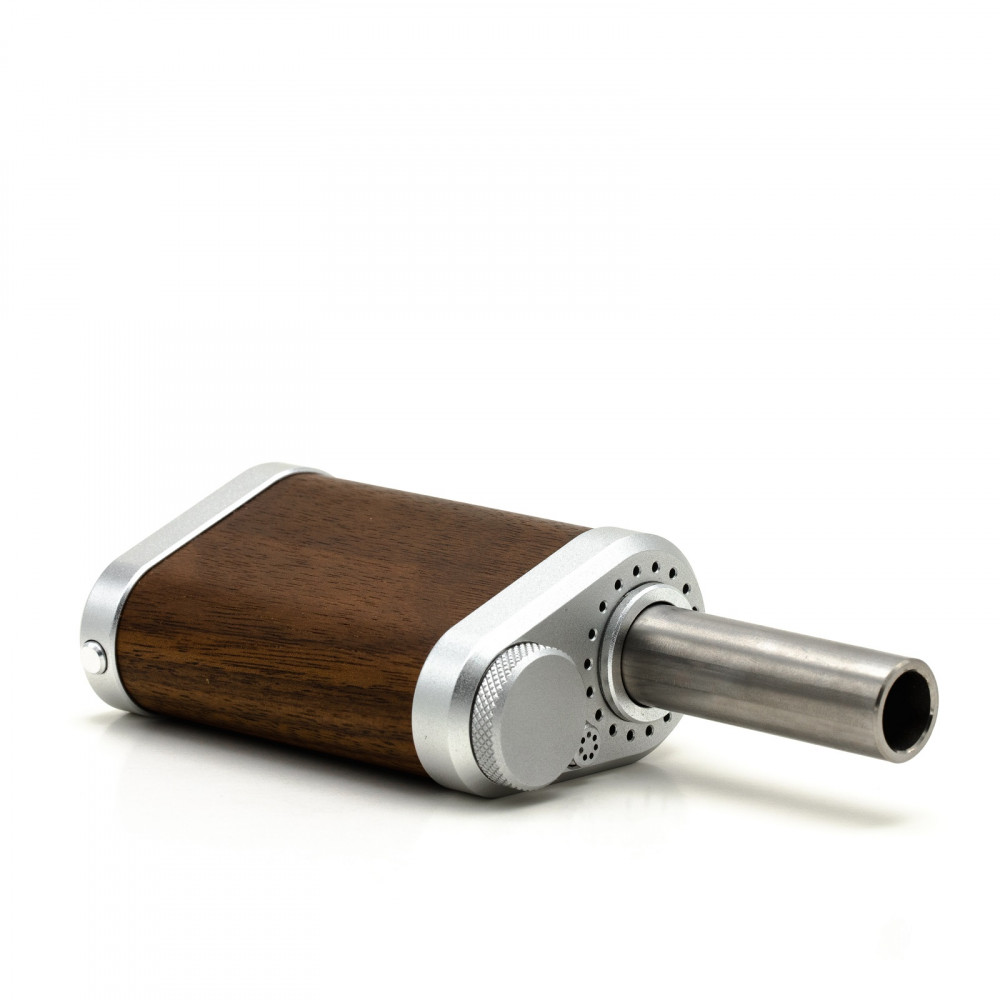

CBD oil
CBD oil – history of use and misconception
Cannabis has been known to mankind since the dawn of time and while its health impact is unquestionable, this topic is still full of controversy and wrong associations. CBD is often mistakenly associated with typical marijuana, rich in the psychoactive substance called THC (tetrahydrocannabinol). For CBD hemp to be legally distributed, the content of THC in the plant cannot exceed trace amounts of less than 0.2%. Therefore, CBD hemp has no psychoactive properties, while still having many therapeutic and healing properties.
What is CBD?
CBD, i.e. cannabidiol is one with over 80 compounds belonging to the cannabinoid group. In addition, it is also one of over 480 compounds found naturally in cannabis. Along with THC, it is present in these plants in the highest concentrations, which makes these two compounds the best-studied and most recognized.
However, unlike THC, CBD is completely legal and the most important active substance in cannabis, with an extremely broad spectrum of activity. CBD has the most potent health benefits of any substance found in cannabis. CBD oil from hemp is not a psychoactive substance, so it can be used as therapeutic without fear of changing the state of consciousness. Contrary to the more widely known THC, cannabidiol (CBD) does not cause side effects and does not intoxicate yourself.
Therefore, CBD is a completely safe component of hemp, mimicking the effects of naturally occurring substances in the human body. Compounds with a similar structure and effect can even be found in mother’s milk. The human body perfectly tolerates cannabidiol, which means that it can be taken even in high doses (although, of course, you should not overdo them). It is a natural plant oil, found only in nature in hemp.
CBD Properties
As we have already mentioned, CBD hemp oil has many beneficial properties that can be divided into the following groups:
- Analgesic – soothes and eliminates both internal and external pain.
- Anti-inflammatory – prevents inflammation, inhibits inflammatory processes and fights existing inflammations.
- Antiemetic – supports proper metabolism, fights nausea and vomiting, and stimulates thirst and appetite.
- Anticancer – actively seeks and attacks cancer cells, inhibits their multiplication and leads to their apoptosis, i.e. self-destruction.
- Antipsychotic – cleanses and refreshes the mind, has a relaxing and relaxing effect, and at the same time eliminates anxiety and psychosis and helps you fall asleep.
- Antioxidant – reduces the rate of aging of cells and entire tissues, reduces oxidative stress.
- Provides protection against free radicals and supports natural immunity.
- Neuroactive and neuroprotective – regenerates nerve cells, counteracts neurodegeneration, fights mental and neurodegenerative disorders,
- Stimulates the entire nervous system and has antispastic and relaxing properties.
- Antifungal – kills mold and fungi and prevents the growth of mycoses.
- Antibacterial – slows growth, prevents multiplication, and kills bacteria.
- Immunological – stimulates the immune system and helps maintain the body’s homeostasis.
- Dermatological – fight skin diseases, rejuvenates the epidermis, and speeds up the wound healing process.
- Antiallergic – soothes and fights allergy symptoms.
How does CBD work?
CBD stimulates the endocannabinoid system, the central hub controlling the proper functioning of organisms and responsible for their health. CBD along with other cannabinoids is the plant equivalent of the human endocannabinoids 2-AG and Anandamide. Like them, it stimulates CB1 and CB2 receptors, which are present in virtually every area of the human body – from the skin to the bone marrow. Cannabidiol also stimulates nerve cells, which helps to regulate and harmonize the processes taking place in the body. In addition, it also affects the regulation of basic physiological processes such as pain sensation, movement, sleep, thirst, remembering, and appetite. Cannabidiol reaches the receptors very quickly, so its effects are felt almost immediately after taking it.
CBD oil
Hemp oil is a medicinal substance, but it is also suitable for recreational use. CBD is used in the treatment of a large number of neurological and civilization diseases – so it has a beneficial effect on the mind and body of the user. It is worth noting that most of these diseases are caused by a deficiency of CBD and other cannabinoids. They only occur naturally in cannabis and our bodies. Thus, it can even be concluded that the significant reduction in access to hemp over the 20th century contributed to the deterioration of the health of a large number of the population.
What diseases and conditions does CBD oil treat?
For what ailments is it worth reaching for CBD oil? Numerous studies show that natural hemp oil relieves symptoms and helps in the treatment of, among others, epilepsy, Parkinson’s, borreliosis, cancer, multiple sclerosis, dementia, Alzheimer’s, depression, autism, insomnia, panic attacks, anxiety, anxiety, migraines, glaucoma, schizophrenia, various pains, psoriasis, asthma, rheumatism, RA, osteoporosis, inflammations, diabetes, stress, allergies, addictions, atherosclerosis, Crohn’s disease, and anorexia. This, of course, is only part of the list of medical conditions that can benefit from using CBD oil.
It is worth remembering that the use of natural hemp oil with CBD brings better therapeutic results than conventional synthetic agents. In addition, it does not cause side effects at the recommended doses. No wonder that it is becoming more and more popular among doctors. It is also often the only source of relief for patients who are not helped by conventional treatments. In addition, recent research also suggests that CBD hemp oil may also be a solution to addiction. Cannabidiol can disrupt the brain’s reward system in response to heroin, morphine, and opioids. In the future, therefore, it may become an effective and safe method of fighting addictions, including painkillers. Moreover, studies conducted on a group of smokers suggest that inhaling CBD may also help to reduce or completely quit smoking – the subjects smoked about 40% fewer cigarettes and did not experience an increased appetite for nicotine.
Cannabidiolic acid – CBDA
This compound is, in a way, a precursor of hemp oil, with different healing properties. However, it is not as well researched as CBD. Nevertheless, the results obtained so far are really promising and show that this compound has a lot of potential.
Although the chemical structure of cannabidiolic acid (CBDA) is similar to THC, its action is closer to that of cannabidiol – it is not addictive or intoxicating, and at the same time it is completely legal. It is worth noting that when heated, CBDA transforms into CBD. The research carried out so far has shown that the basic features of CBDA in its raw form are its strong anti-inflammatory and anti-proliferative properties.
According to a study published in 2000 in the Journal of Nutraceuticals Functional and Medical Foods, cannabidiolic acid exhibits even stronger bactericidal properties than cannabidiol itself, if it is in a higher concentration in relation to it. Like CBD, it also has antiemetic and nausea-relieving properties – it inhibits digestive system spasms. It is even believed to be much more effective than CBD itself. In addition, it shows synergy in combination with CBD, other cannabinoids, and terpenes. They enhance the healing effects of hemp oil, especially against cancer and inflammatory diseases.



